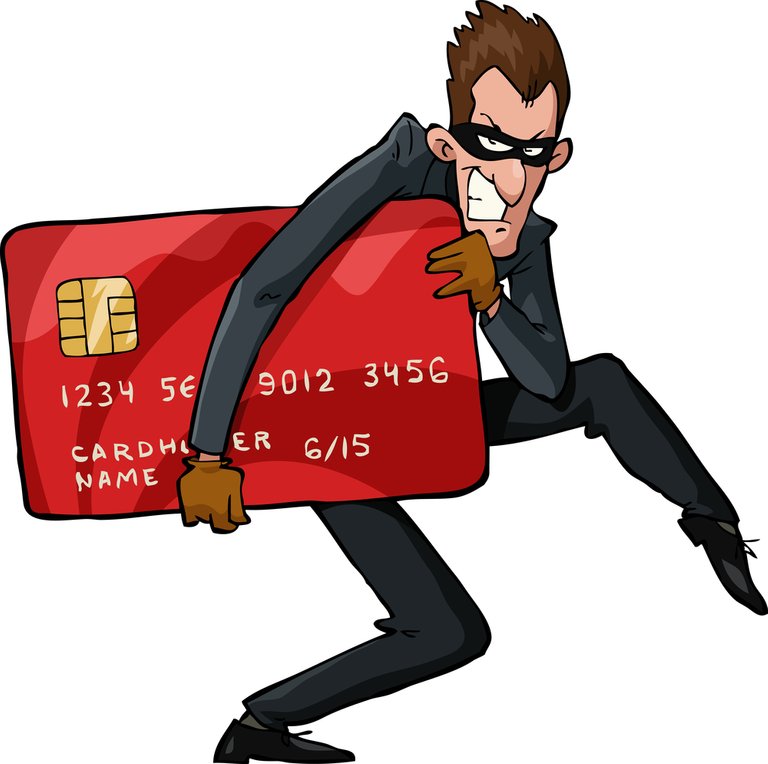
https://www.facebook.com/RealLiveSA/videos/1808239122837994
CARD SKIMMING THEFT
Card Skimming or card cloning uses a Card Skimming device to fraudulently copy bank customer details stored on the magnetic strip (brown/black strip at the back) on a debit or credit card. Whenever you present your card for payment you run the risk of being skimmed. However, the majority of skimming incidents in South Africa are recorded around ATMs and, to a lesser extent, at retail merchants when bank cards are presented for payments. The customer and card information stolen with skimming devices is often used to manufacture counterfeit (duplicate) cards which criminals use to make fraudulent transactions on a victim’s account.
CARD SKIMMING AROUND ATMS
Card fraud perpetrators use various scams and social engineering tactics to trick naïve ATM users and skim their bank cards. These are some of the most widespread scams:
SKIMMING OF CARD AND SHOULDER SURFING CUSTOMER PINS
The perpetrators approach unsuspecting ATM users prior to or after concluding a transaction and claim to work for the bank. The target is advised to ‘re-activate’ their cards by swiping the card through a ‘card reactivating device’. The ‘card reactivating device’ is actually a hand held skimming device. This type of skimming requires accomplices to loiter around the ATM shoulder surfing for the customer PINs. The perpetrators use the stolen card information to manufacture a counterfeit card and match the customer PIN to the new card to make fraudulent transactions.
ATMS THAT ARE TAMPERED WITH OR DAMAGED
Customers should never use ATMs that seem damaged or tampered with because this creates opportunity for card fraudsters to take advantage:
When a customer is confronted with an ATM that is damaged or tampered with, the perpetrator will approach the customer and use social engineering tactics to take the customer’s ATM card. The customer is often escorted to another ATM in order to assist the customer to make a withdrawal.
The card is then secretively skimmed on the way to the second ATM with a hand held skimming device. The victim is handed back their card without noticing that it has been skimmed. The interaction between the perpetrator and the customer creates trust and the perpetrator often stands next to the customer while the transaction is conducted. The perpetrator will memorise the customer’s PIN when it is keyed in.
The unsuspecting customer will only realise they have fallen victim to a scam when money is withdrawn from their account.
CARD SKIMMING AT RETAIL MERCHANT POINT OF SALES
Criminals often collude with staff working at retail outlets such as waiters or cashiers. The card fraud perpetrators provide business staff with hand held skimming devices and reward them for skimming customers’ cards.
TIPS TO AVOID BECOMING A VICTIM OF CARD SKIMMING THEFT:
ATM SAFETY TIPS:
Never give your card to someone at an ATM for any reason.
Never let anyone assist you at an ATM, even if they appear to be a bank official or security personnel.
Beware of people standing close to you when you are concluding transactions at an ATM.
Ensure you hide your pin when keying it into an ATM.
Never use an ATM that looks tampered with or damaged.
Always use an ATM in a well-lit area.
If possible, use an ATM that is monitored by a CCTV camera.
SHOPPING SAFETY TIPS:
Ensure your card never leaves your sight. Most restaurants and shops have portable card swipe machines so there should be no reason for your card to leave your presence. If the person needs to use a different machine always accompany that person.
Ensure that your card is not swapped for another card after paying.
Use cash instead of your card if you have any suspicions.
Monitor you bank statements for any unusual transactions.
If married, reconcile your account transactions with your spouse on a regular basis.
https://www.facebook.com/RealLiveSA/videos/1808239122837994
Hi! I am a robot. I just upvoted you! I found similar content that readers might be interested in:
http://www.banking.org.za/consumer-information/bank-crime/card-skimming-theft